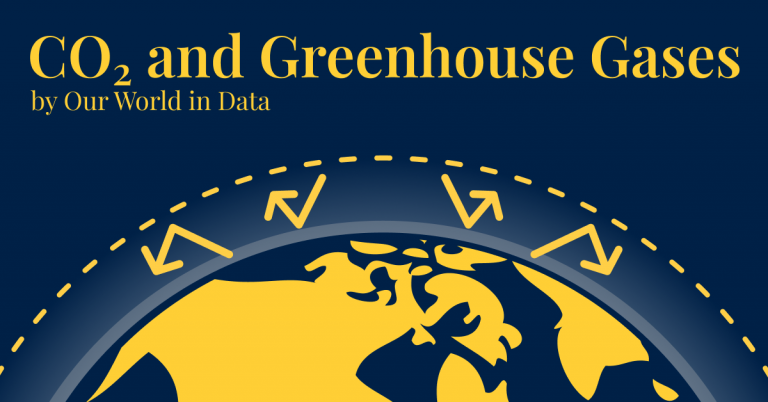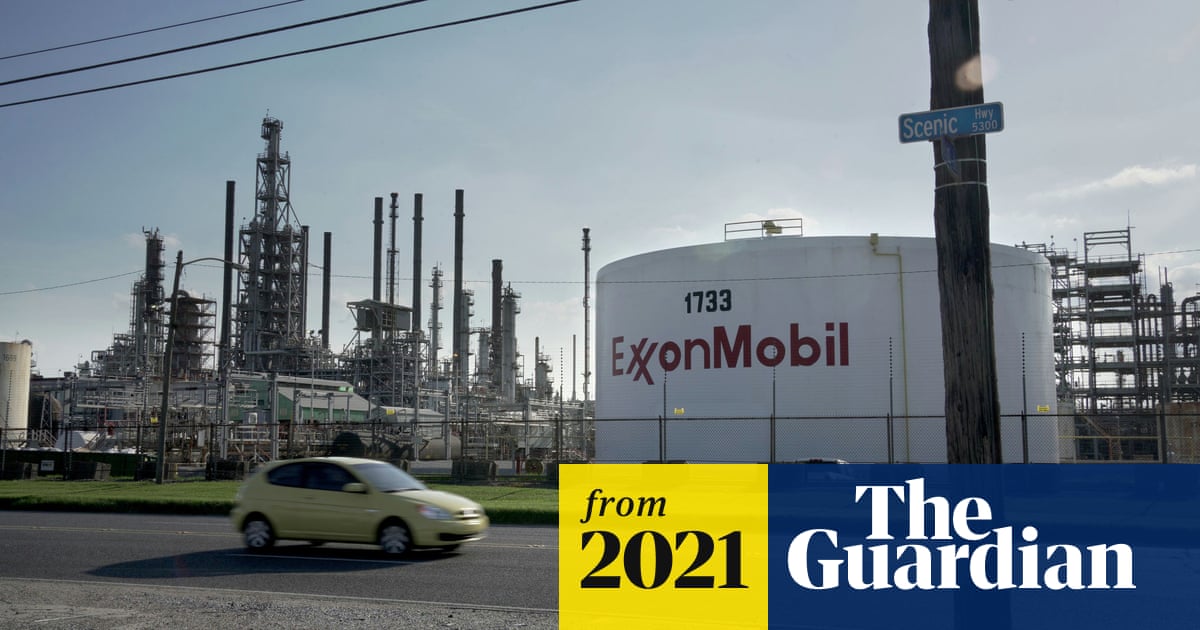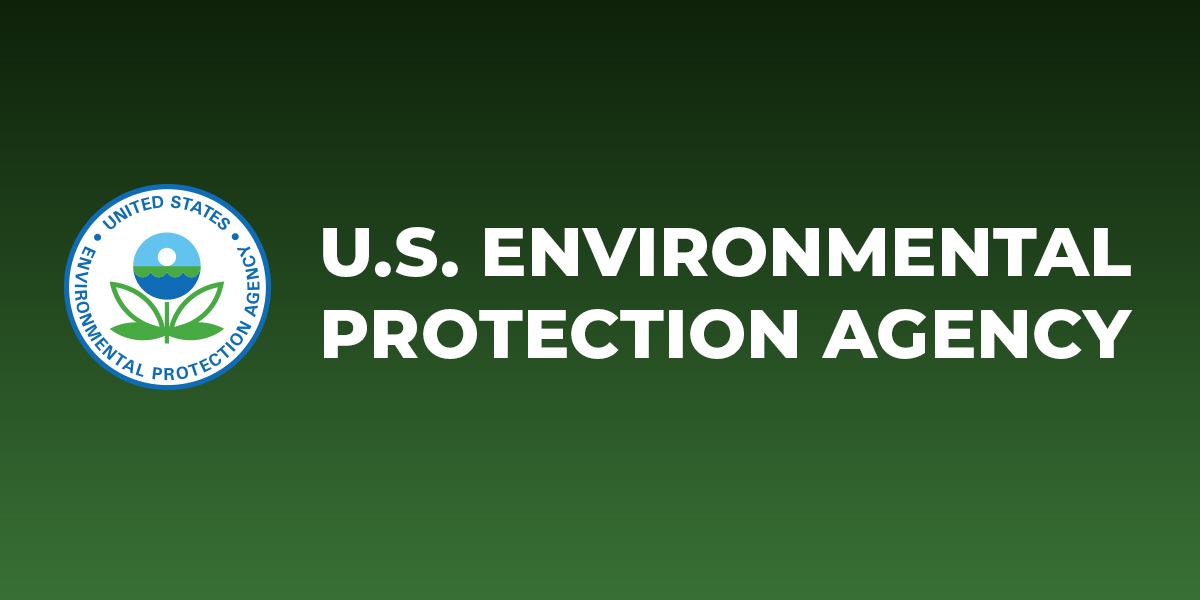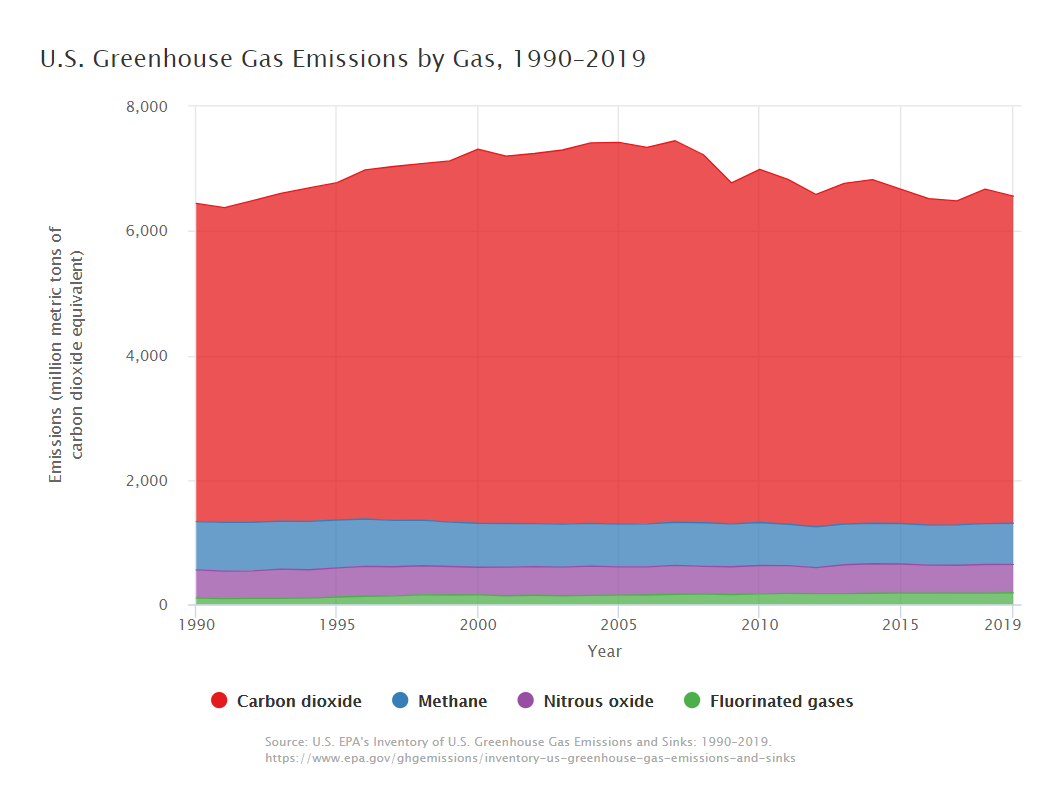I was also reading how farmers in the Boise Valley are now pulling crops a full month earlier than the normal growing season because of the extreme drought. How long until our food supply is completely fucked?
the honest answer to this is "if you live in america, probably way longer than you think"
there's going to be an increase in volatility year-to-year just because of the potential for severe weather events, and some areas are likely to see a pretty decently-sized drop in production - but others will be fine or increase. I don't know info for every state, but for ohio (my family has a farm in ohio, so it's a topic I've looked into) we're basically projected to be fine.
in general, in the US, the big areas of concern are keeping fires away from productive farmland out west and seeing if there's anything we can do to mitigate drought conditions in the more southern states of the midwest (oklahoma etc). we're probably mostly ok.
this is very much not the case for some other regions of the world (southeast asia, eastern south america, africa) and it remains to be seen how much can or will be done to address this, either through technology/infrastructure or through exports.




